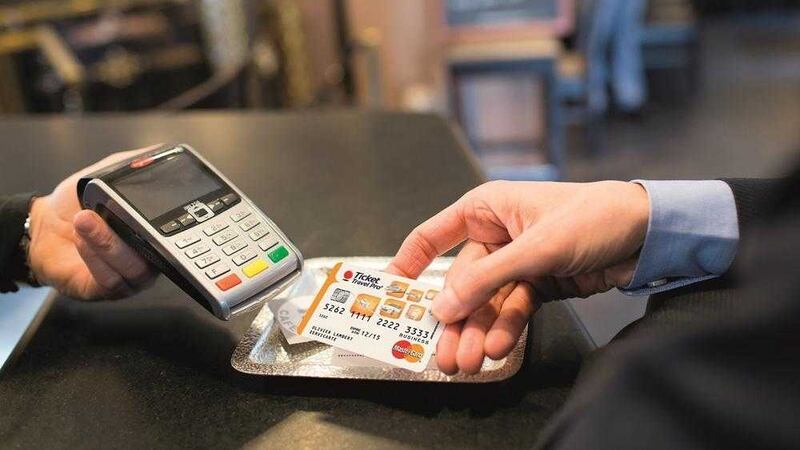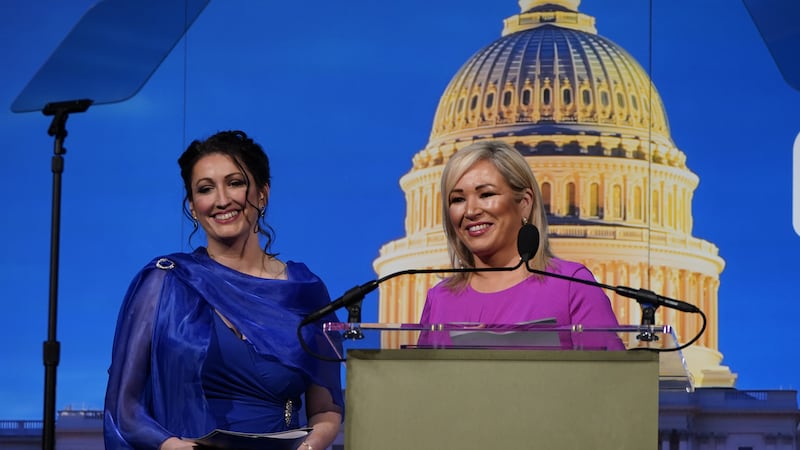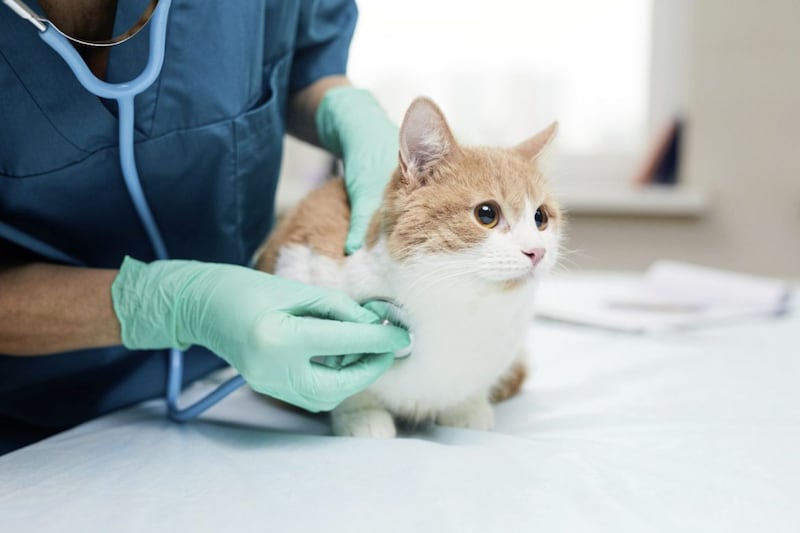QUESTION: I have recently transferred my business from a sole trade to a limited company to benefit from the lower rates of tax on company profits. Now that I am trading through a company can I claim tax relief on expenses such as travel and qualifying household expenses, just like I did as a sole-trader?
ANSWER: The rules that determine what expenses can be deducted from profit for tax purposes are essentially the same whether you trade through a limited company or a sole trade, partnership or LLP.
For an expense to be deductible for tax purposes the expenditure must be incurred wholly and exclusively for the purpose of the trade carried on. This rule applies for both income tax and corporation tax, but in reality it is mainly in income tax that issues arise. This is because with a sole trader or partner there is the issue of personal benefit, or personal purposes in incurring the expenditure.
Strictly, when expenditure is incurred partly for the purposes of the trade, and partly for other purposes - such as to benefit the individual - then the expenditure fails the 'wholly and exclusively' test and no part of the expenditure can gain tax relief. With a company, because the personal benefit issue does not normally arise - as a company is not a person - there is less likely to be a problem.
When a self-employed business person travels on business, generally speaking the costs of travel and accommodation will be incurred because of the business and therefore the costs would be allowed against their tax liability.
But where the trip is extended to allow the individual to take a holiday at the end of the trip, the whole trip is no longer wholly and exclusive because it is part private, so the costs would be disallowed.
If the expenditure was excessive, such as chartering a private jet, then this might well be challenged. The same is true of accommodation costs and meals taken when away on business. There is no requirement to go for the cheapest option, but reasonable costs will normally be tax deductible.
In the case of income and corporation tax, there is a specific ban on tax relief for entertaining expenditure, so any restaurant bills which relate to meals taken with customers, suppliers or contacts should be disallowed, including the element that relates to the proprietor or employee. Claiming that they would have been able to claim tax relief had they eaten alone isn't sufficient as this again breaches the "wholly and exclusively" rule.
Claiming successfully for clothing and similar expenses is normally very difficult. There are one or two trades/professions where the proprietor might be able to claim for clothing that is either 'protective clothing' or special purpose clothing, including costumes, but where the clothing is normal every day wear it is unlikely to qualify for tax relief as it breaches the wholly and exclusively rule.
The tax rules have relaxed over the last few years to allow sole traders who are based at home to claim a reasonable proportion of their household expenses against the business. What is claimed will depend on the space made available to the business, and the number of hours it is made available and actually in use, but this can be fairly generous. But, there may be capital gains tax implications if space in your home is used exclusively for business purposes.
:: Malachy McLernon (m.mclernon@pkffpm.com) is a director at PKF-FPM Accountants (www.pkffpm.com). The advice in this column is specific to the facts surrounding the question posed. Neither The Irish News nor the contributors accept any liability for any direct or indirect loss arising from any reliance placed on replies.







